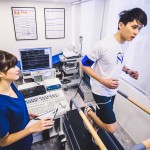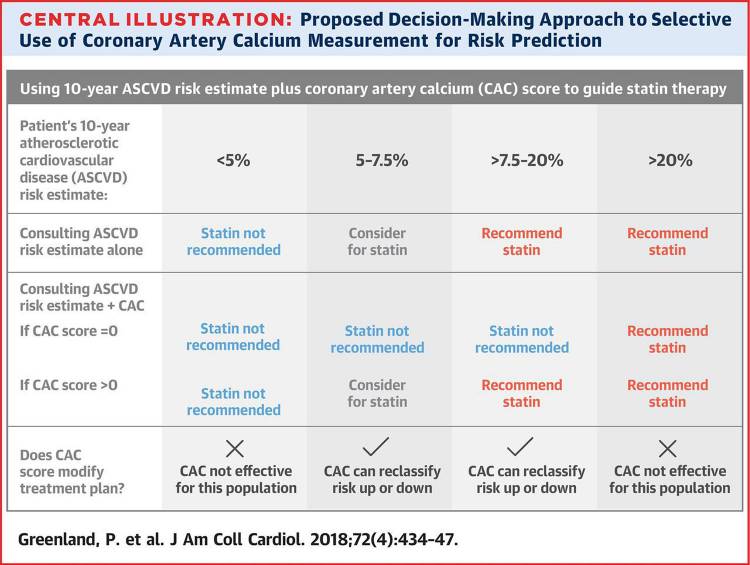CORONARY ARTERY BYPASS GRAFT (CABG) SURGERY

Patients with a narrowing or blockage in the coronary arteries diagnosed by a coronary angiogram may be considered for coronary artery bypass grafting (CABG). This is usually recommended when the narrowings are too severe, complex or widespread to be treated by medication and / or coronary angioplasty and surgery provides both symptom relief and the best long term outcome. Although routine, this is a major operation and will require at least 1 week’s stay in hospital and 6-8 weeks to fully recover.
What happens during coronary bypass surgery?
Patients receive a general anaesthetic and are completely asleep. The breast bone is separated, which allows visible and physical access to the heart. In most cases, blood circulation and breathing functions will be taken over by a heart-lung machine (cardio-pulmonary bypass) although in some instances CABG can be performed on a beating heart (off-pump technique). The surgeon uses a segment of vein (taken from the leg) or artery (taken from within the chest or arm) to bypass or ‘get around’ the blockage. It is usual to have more than one and usually three or four arteries bypassed, which will improve the blood and oxygen supply to the heart muscle. The operation lasts between 2 and 6 hours. After your operation you will be moved to intensive care for close monitoring until you wake up. Once your condition is stable, you will be moved to the high dependency unit or the cardiac ward.
What are the risks associated with coronary bypass surgery?
Like all types of surgery, CABG carries a risk of complications, some of which are fatal, such as a stroke or heart attack. The risks of serious complications can vary, depending your age, whether you have other serious health conditions, such as kidney or lung disease, whether the surgery is performed as an emergency and the general state of your heart. Several pre-operative tests will allow your cardiologist to determine the overall risk benefit balance of having surgery. The outcome after CABG is dependent upon several factors, including compliance to medication and lifestyle modification, but successful grafts typically last 8-15 years.



